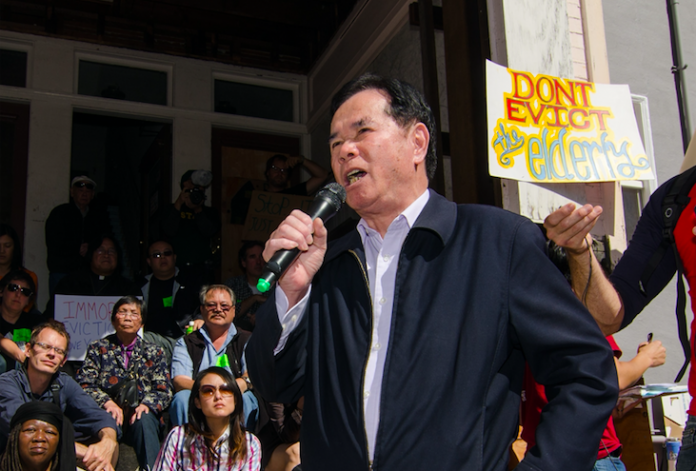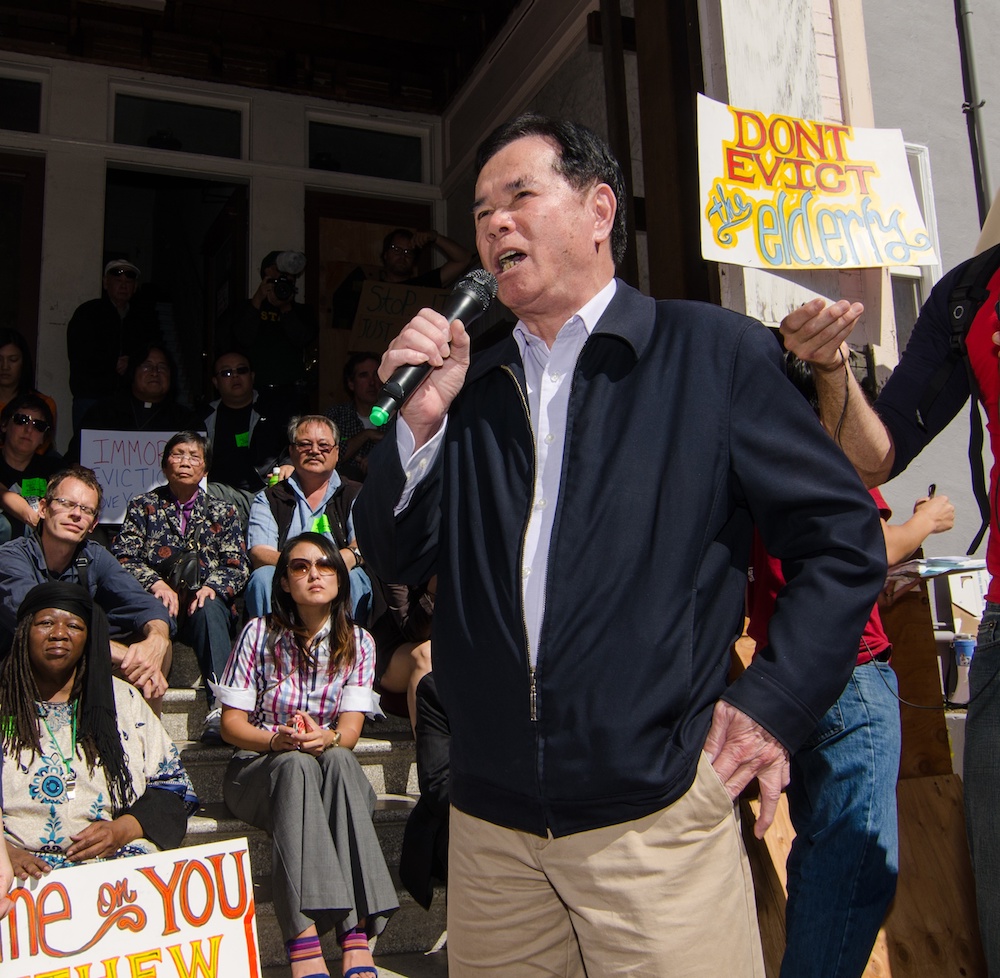
We write in response to the Tom Ammiano and Jesse Stout’s editorial, “Yes we cannabis – even in Chinatown” which makes a number of uninformed and misleading claims in opposition to Supervisor Aaron Peskin’s proposal to ban on cannabis retail sales in the heart of Chinatown.
Ammiano and Stout begin by claiming that supporters of the ban are only a “small minority of Chinese American San Franciscans in Chinatown.” This is a completely inaccurate statement. Anyone who is half aware of the coverage of Chinese media, discussions at community forums, or the positions of community organizations should recognize that opposition to retail cannabis is both deep and broad.

The Community Tenants Association has almost two thousand dues paying members and has been on the forefront of the fight against evictions and displacement. Chinatown Community Development Center has been serving the neighborhood for more than 40 years. We are but a few of the organizations supporting of the ban. How are Ammiano and Stout in the position to call us only a “vocal minority”?
While we respect Tom Ammiano’s past service to the city, to our knowledge he has not been recently involved in addressing gentrification or displacement in Chinatown – issues that are core to why we need this policy today. His co-author Jesse Stout is corporate counsel for the statewide cannabis industry with no known engagement or knowledge with the Chinatown community. Neither seem to be in a position to speak about the needs or opinions of Chinatown residents.
Nevertheless, Ammiano and Stout go on to claim that creating a specific ban on retail sales in Chinatown would create a “slippery slope” so that a ban here would allow a ban everywhere. More specifically, they claim that because Chinatown is only “just a few blocks wide” a ban would interrupt a “more even” distribution of cannabis retail that would do more harm than good.
This argument is completely blind to the urgent and specific needs of Chinatown.
Chinatown is indeed “just a few blocks wide” yet it is home to thousands of mostly low income families and seniors. It is one of the city’s most densely populated neighborhoods with one of the lowest ratios of open space per capita. Within this confined space, seniors and families with respiratory problems have no place go to escape second-hand smoke. And second-hand cannabis smoke is already increasingly a problem particularly as landlords aggressively seek to re-market units to higher rent paying students and tech workers. These reasons alone justify a conclusion that Chinatown does not need its own retail cannabis stores.
There is more. Chinatown is the heart of one of the oldest surviving Chinese American business and cultural districts in the country. But this aspect of our neighborhood is also at risk – a fact that the authors seem to ignore. Our traditional groceries, herb stores, and nonprofit arts and service organizations are facing gentrifying pressures as owners seek higher rents. Few of our existing businesses can compete with the rents that extremely profitable cannabis retail operations can pay.
So why is it so essential that the cannabis industry open retail stores in the “few blocks” that constitute Chinatown? It is perhaps no coincidence that Chinatown is one of the city’s top tourist destinations. Thousands of tourists stroll our streets and allyways every day. It would seem clear that the industry wants access to Chinatown not to serve our residents (who inform us they already have ample access) but to reach those tourists.
Regardless of the industry’s actual intentions we believe that serving the economic interests of the multi-billion-dollar cannabis industry should not override concern about the health and gentrification impacts on existing residents and businesses. Raising our concerns about those impacts is not to “demonize” cannabis. We are struggling every day to address many other threats of gentrification and we do not need another major threat. We are not engaging in a cultural debate, we are fighting for our neighborhood’s survival in a context of increasing economic inequality.
For these reasons we urge the members of our Board of Supervisors to recognize that in some places in the city we do not need a retail cannabis retail store every “few blocks.” However small it may be, Chinatown should be able to respectfully keep such retail activity out of our historic cultural, commercial, and residential district.


